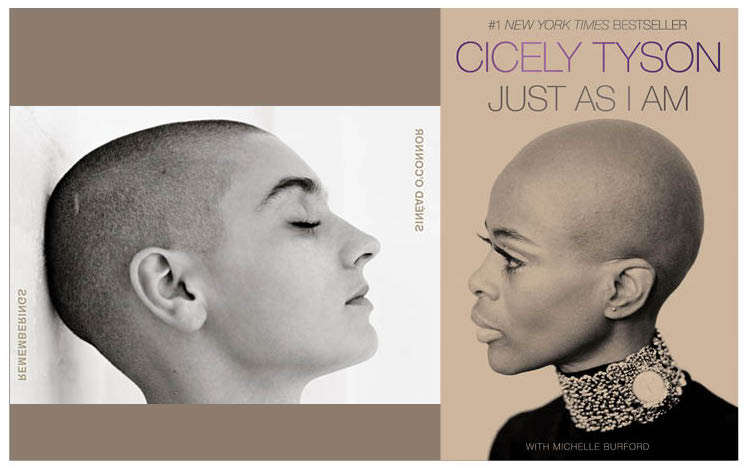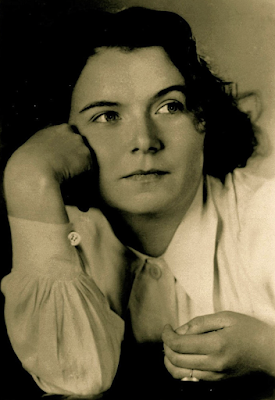 |
| Margo Price performs with Bob Weir at the concert. |
UPDATE 12/23: The concert (or parts of it) is now viewable on CBS.
The concert at the Hollywood Bowl celebrating Willie Nelson's 90th birthday is the subject of a film now in limited release across the country. It's the next best thing to having been there, with crowd shots and a good theatre's sound system recreating that concert vibe, although lacking the doobies that were smoked at the event, both by the crowd and the performers (offstage). Not all of the performances from the two-day concert are included, but there's plenty to enjoy for pot lovers, music lovers, and the many who appreciate Willie Nelson.
Billy Strings started it off by getting the crowd rocking and demonstrating his amazing virtuosity on the guitar, which he also displayed and backing up Bob Weir on “Blue Eyes Crying In The Rain.” Strings joined Nelson toward the end to perform his song "California Sober," which he recorded with Willie earlier this year.
Marijuana is first mentioned by Willie's son Micah, who sang his song inspired by a statement his Dad made: "If I Die When I'm High I'm Halfway to Heaven." Jack Johnson, wearing a "Have a Willie Nice Day" T-shirt, sang his song "Willie Got Me High and Took All My Money" about a poker game gone wrong.
Intros for the acts were provided by Helen Mirren, Ethan Hawke, Jennifer Garner, and Owen Wilson. Wilson, a Texas native, spoke about how popular Nelson was in Austin, bringing together hippies and rednecks alike, and thanked Willie for "always inspiring us to take the HIGH road." A seriously stoned, grinning Woody Harrelson got to effusively introduce Nelson, acknowledging his inspiring humanitarian work for farmers and "our blessed Saint Mary Jane."
Nelson started his set with Hoagy Carmichael's "Stardust" before dueting with Sheryl Crow, who noted that Willie was the only person to ever offer her dad a joint, and recently said from the stage that vinyl and weed would save music.
Margo Price was a High-light, rocking out wearing white go-go boots and a green jacket adorned with silver pot leaves. Price introduced a marijuana line with Nelson's Willie's Reserve in 2019, and recently launched a CBG line in conjunction with Mom Grass. On Day 2 of the concert, she dueted with Nathaniel Rateliff on "I Can Get Off on You."



































